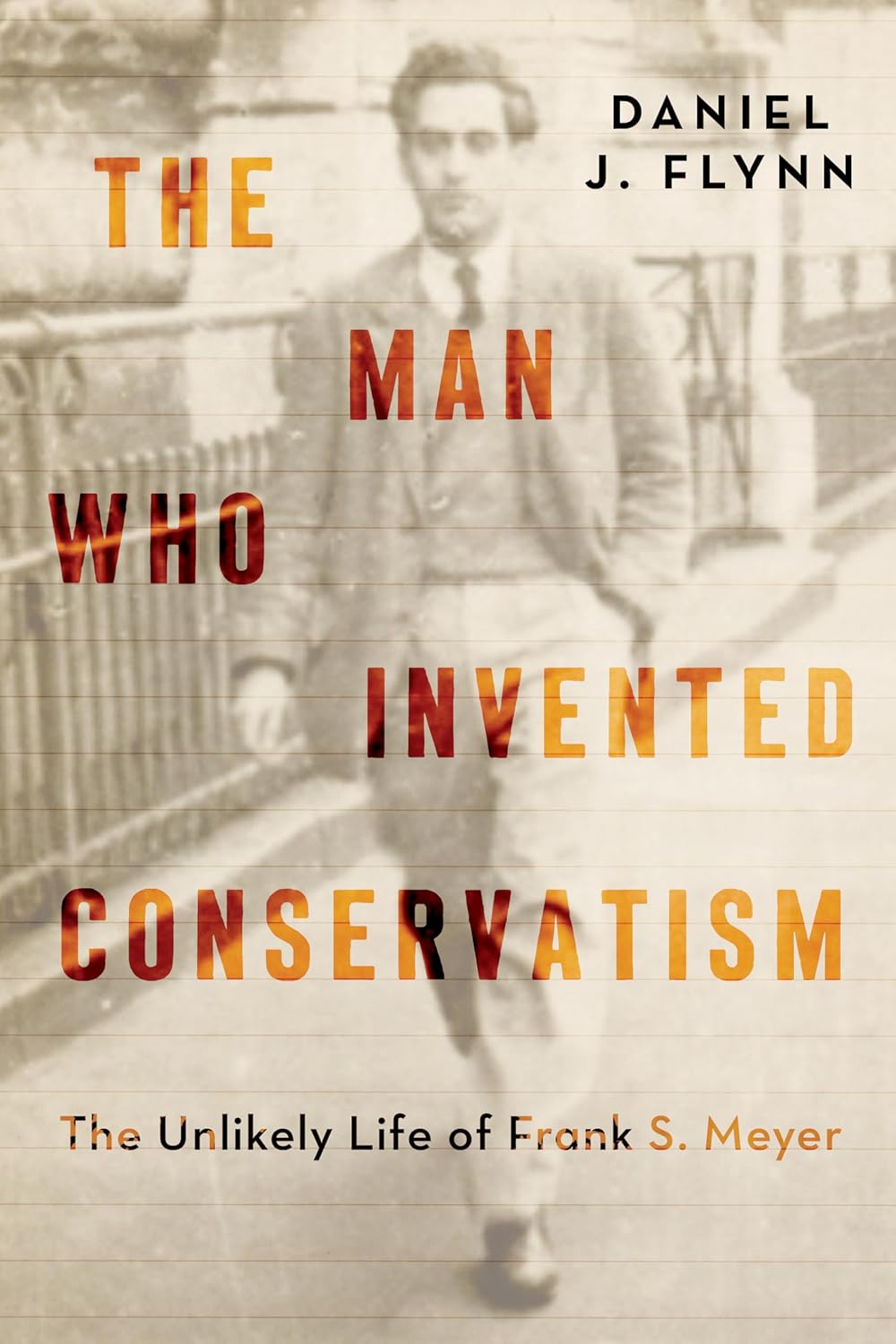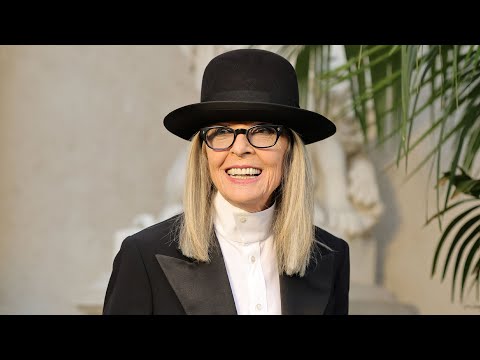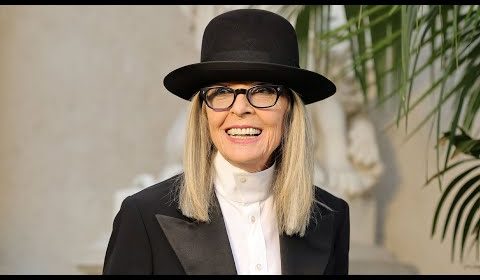Exclusive—Daniel Flynn: Frank Meyer and the Roots of Trump’s America First Foreign Policy
⭐️⭐️⭐️⭐️⭐️
A foreign policy that puts America’s just interests first did not originate with Donald Trump.
During a summer in which Israel, Iran, Ukraine, and Russia dominated the news cycle, this seems easy to forget, if important to remember.
“The foreign policy of the United States should be, within broad moral limits, motivated by and concerned with our national interest,” Frank Meyer insisted to Henry Kissinger in December 1968.
The letter, one of tens of thousands of lost documents found in a warehouse as part of research for The Man Who Invented Conservatism: The Unlikely Life of Frank S. Meyer, illustrates that, even during the Cold War, right-wingers understood that the Soviet Union only temporarily reoriented the U.S.’s role in the world. When it ended, so would the active U.S. involvement in countries that most Americans had never heard of — at least that was the idea.
Kissinger, nominated by President-elect Richard Nixon to serve as his National Security Advisor shortly before Meyer sent his letter, sought advice from Meyer on what ideas should animate America’s dealings with other nations. He had hosted Meyer as a guest lecturer for his Harvard class a few years earlier and organized a meeting between New York Governor Nelson Rockefeller and Meyer, his constituent most fiercely critical of him. Kissinger and Meyer occasionally called and corresponded.
But neither had really been a Nixon man. That year, the German-Jewish émigré advised Rockefeller and his older German-Jewish friend acted as the most conspicuous supporter among intellectuals of Ronald Reagan’s presidential bid. They saw the world differently even if they traced their ancestry to the same basic place.
The National Review editor wrote Kissinger:
the social systems of other nations are no concern of our policy except insofar as they represent armed power ideologically directed toward our destruction. Nor can active benevolence, charity, be an aim of foreign policy, since charity is the privilege and responsibility of individual persons, not of the custodians of money taken from people by taxation; and, in the specific case relevant today—backward nations—the only way seriously to advance their economies, in any case, is through investment under the controls of the market system. Nor certainly can our policy be distorted by taking seriously much unrealistic utopian concepts as world government.
Donald Trump’s foreign policy represents not so much a diversion from the interventionist orientation of George W. Bush, John McCain, and Mitt Romney as a return to what, even during the Cold War, amounted to the admittedly temporary position of American conservatives.
The American Right wants limited government. Skeptics of the government’s ability to deliver a letter generally do not rationally trust it to remake the Third World in America’s image.
Meyer, a member of the Communist Party of Great Britain’s board as a twentysomething during the 1930s and later in America an ally of party honcho Earl Browder, understood the threat the ideology posed to the United States. Its “messianic” nature that aimed for “world supremacy,” he told Kissinger, compelled the United States to involve itself in the affairs of foreign countries, to include Vietnam.
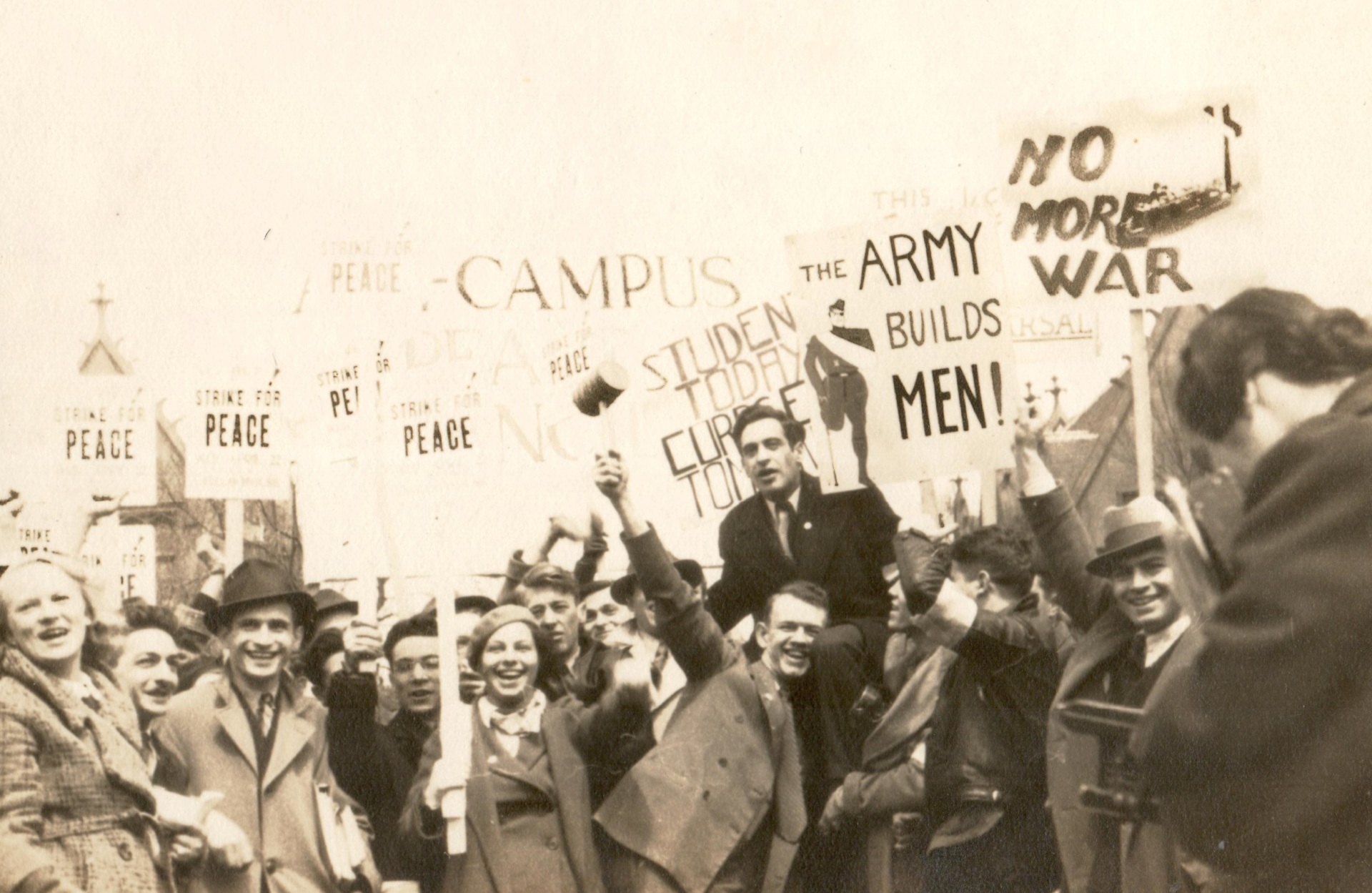
Frank Meyer, upper right, at a peace protest circa 1934 when he was a member of the Communist Party and working under Walter Ulbricht, who later erected the Berlin Wall as the dictator of East Germany. By 1962, the conservative Frank Meyer implored Nikita Khrushchev to “tear down the Berlin Wall.” (Photo courtesy of Daniel J. Flynn)
As Meyer explained to a Yale audience during a debate with former congressman Allard Lowenstein in 1971, “I would oppose the war in Vietnam, I would oppose all alliances, any sort of foreign aid, and participation in the United Nations . . . if it were not for the threat of Communism.” He described the war in Vietnam as a battle in this much broader conflict, saying that “if this were not true, the whole thing would be a farce.”
Later that year, a cancer-ridden Frank Meyer wrote his last “Principles & Heresies” column for National Review. Therein, he imagined a world minus a Soviet Union that he had so zealously served for 14 years and then penitentially fought from courtrooms, magazine pages, lecterns, and protest lines for the last quarter century of his life.
He pointed out that “great emphasis has been laid upon one-world utopianism, exporting democracy, and generally acting as a social worker to the whole world” by elites who came upon the roadblock of “a prevailing American desire, running back to Washington’s Farewell Address, to keep aloof from the power struggles of the world.”
Meyer saw his foreign policy approach as not novel but inherited. From Washington’s Farewell Address all past the first century of the new republic, “restrained” accurately described America’s interactions with the world. He envisioned a day without the disorienting force of the Soviet Union, when America could again mind its own business without worry of another nation minding its business, too. Then, the conservative plea for limited government could extend beyond domestic spending to foreign policy.
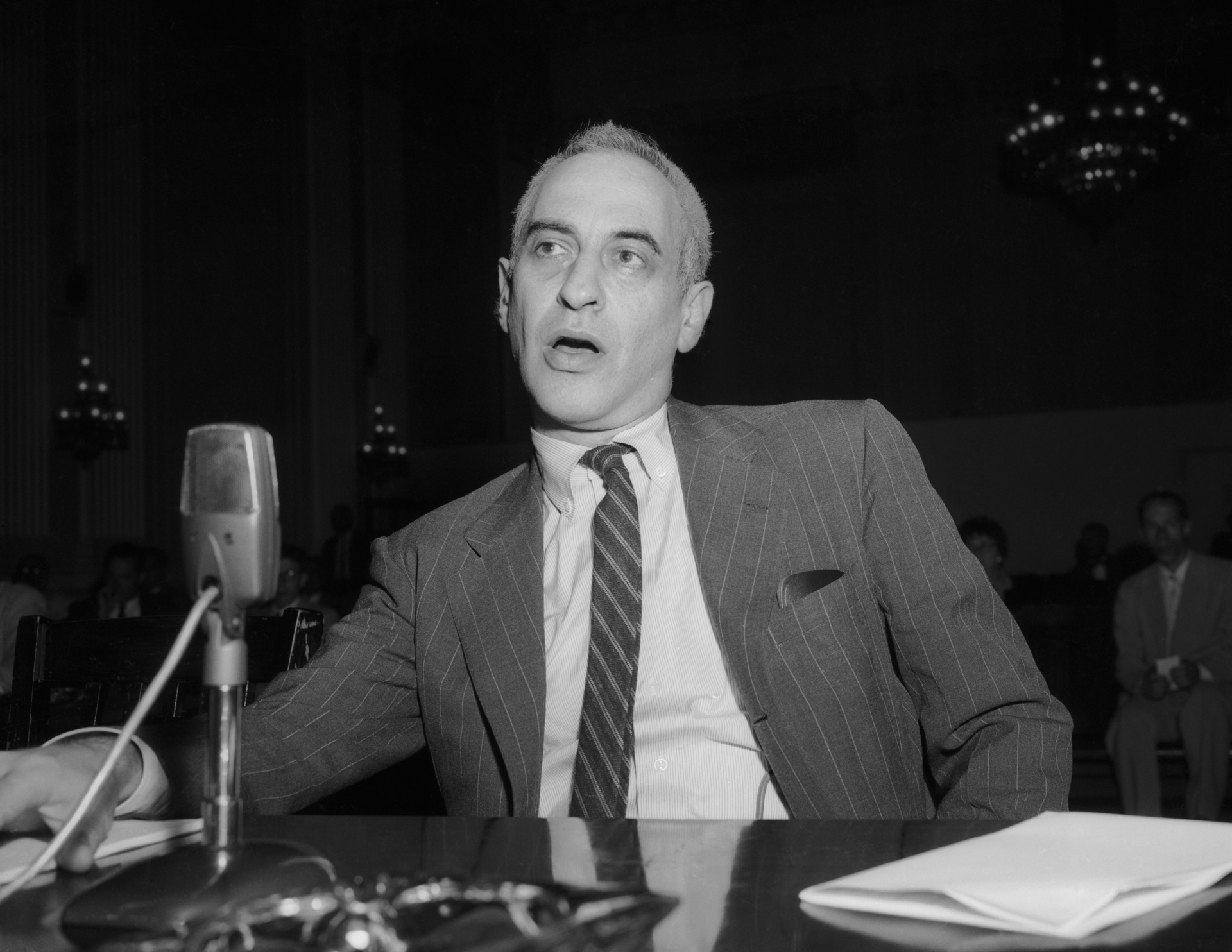


Frank S. Meyer of Woodstock, New York, a former teacher in the Communist Party, testified before the House Unamerican Activities Committee in July 1959 about Communists working in education. Meyer said he was a Communist from 1931 until he broke with the party in 1945. (Bettmann/Getty Images)
Donald Trump, like Frank Meyer, did not originate all this as a novel idea. He inherited it. Trump’s slogans derived from Pat Buchanan’s 1992 presidential run (and many of Buchanan’s slogans derived from Ronald Reagan and earlier candidates). He carries on a longstanding tradition on the Right. Meyer, who pushed Mr. Republican Bob Taft in 1952 to such an extent that he lost his freelance spot with The Freeman when the magazine’s board jettisoned its anti-Eisenhower editors, absorbed his foreign policy outlook from the Ohio senator and others.
Trump, as he proved in Iran, Ukraine, and elsewhere, is no isolationist. Neither, of course, was the fiercely anti-Communist Meyer.


Commonsense conservatives eschew hiding. They also abhor adopting an “I’m-from-the-government-and-I’m-here-to-help-you” mindset.
Washington understood that — even if the city bearing his name rarely does. So, too, did Taft, Meyer, Buchanan, and Trump.
Daniel J. Flynn is the author of The Man Who Invented Conservatism: The Unlikely Life of Frank S. Meyer (Encounter/ISI Books) and a visiting fellow at the Hoover Institution.


https://www.breitbart.com/politics/2025/10/11/exclusive-daniel-flynn-frank-meyer-and-the-roots-of-trumps-america-first-foreign-policy/
⭐️Singer/Songwriter/Voice Talent/Actor/Media Personality⭐️
Born in Syracuse, NY. He holds a bachelor of science degree in communication from Florida Institute of Technology with specialization in technical writing, business, public relations, marketing, media, promotion, and aerospace engineering.
⭐️ Las Vegas Entertainer ⭐️ MTV uplaya Platinum Auddy Award Winner ⭐️ Southeastern FTTF Talent Champion ⭐️ Movies & TV ⭐️ Listed in ‘Who’s Who’ publication ⭐️ Voted ‘MOST MARKETABLE’: Sonic Records ⭐️ U.S. Veteran ⭐️








